When installing or upgrading electrical systems, one of the most critical decisions involves choosing the correct conduit fittings for your specific conduit type. Whether you’re working with EMT, PVC, flexible, or rigid conduit, selecting the appropriate conduit fittings electrical ensures not only a secure and functional system but also long-term safety and code compliance.
What Are Conduit Fittings?
Conduit fittings electrical are components used to connect, join, and terminate electrical conduits. These fittings secure the conduit to electrical boxes or other conduit runs, creating a continuous, grounded path for electrical wiring. Depending on the type of conduit used—metallic or non-metallic—the fittings must match in size, material, and function to guarantee a proper seal and mechanical strength.
Common Types of Electrical Conduits
To choose the right fitting, you first need to identify the conduit type:
EMT (Electrical Metallic Tubing): Lightweight and easy to bend. Requires compression or set-screw fittings.
PVC Conduit: Non-metallic, corrosion-resistant, and used in underground or wet locations. Requires solvent-welded or threaded fittings.
Rigid Metal Conduit (RMC): Heavy-duty and strong, often used in commercial or industrial settings. Requires threaded fittings.
Flexible Conduit: Ideal for areas with movement or vibration. Uses specialized flexible conduit fittings.
Each type demands its specific fitting design to ensure the installation is safe, durable, and compliant with electrical standards like NEC (National Electrical Code).
Key Factors in Choosing Conduit Fittings
Compatibility: Fittings must match the size and type of conduit being used—metallic with metallic, non-metallic with non-metallic.
Environment: Consider the installation location. For outdoor or wet environments, choose fittings with weatherproof or watertight ratings.
Ease of Installation: Push-fit or screw-type fittings may be suitable for simpler jobs, while threaded or welded fittings may be required for industrial settings.
Material: Choose from stainless steel, aluminum, brass, or PVC based on your application’s demands for corrosion resistance and strength.
Why Choose Cabexindia for Conduit Fittings?
For reliable and high-quality conduit fittings electrical, Cabexindia is a trusted name across residential, commercial, and industrial markets. Offering a complete range of fittings for all types of conduits, Cabexindia ensures that your electrical installations are safe, efficient, and built to last.
What Sets Cabexindia Apart?
Wide Product Range: From compression to weatherproof and flexible conduit fittings, Cabexindia has solutions for every conduit type.
High-Quality Materials: Made from durable and corrosion-resistant metals and polymers for long-lasting performance.
Global Standards Compliance: Cabexindia’s fittings meet international safety and installation standards, including IEC and IS codes.
Custom Solutions Available: Need specialized fittings for a unique installation? Cabexindia offers tailored solutions for complex projects.
Final Thoughts
Choosing the right conduit fittings electrical is essential for the safety, compliance, and efficiency of your electrical systems. The correct fitting not only protects your wiring but also simplifies maintenance and enhances longevity. With Cabexindia, you gain access to a reliable partner offering high-quality, durable conduit fittings suited to every type of installation—from homes to industrial plants.
Ready to upgrade your electrical fittings? Explore the full range of Cabexindia conduit fittings and make the safe choice today.

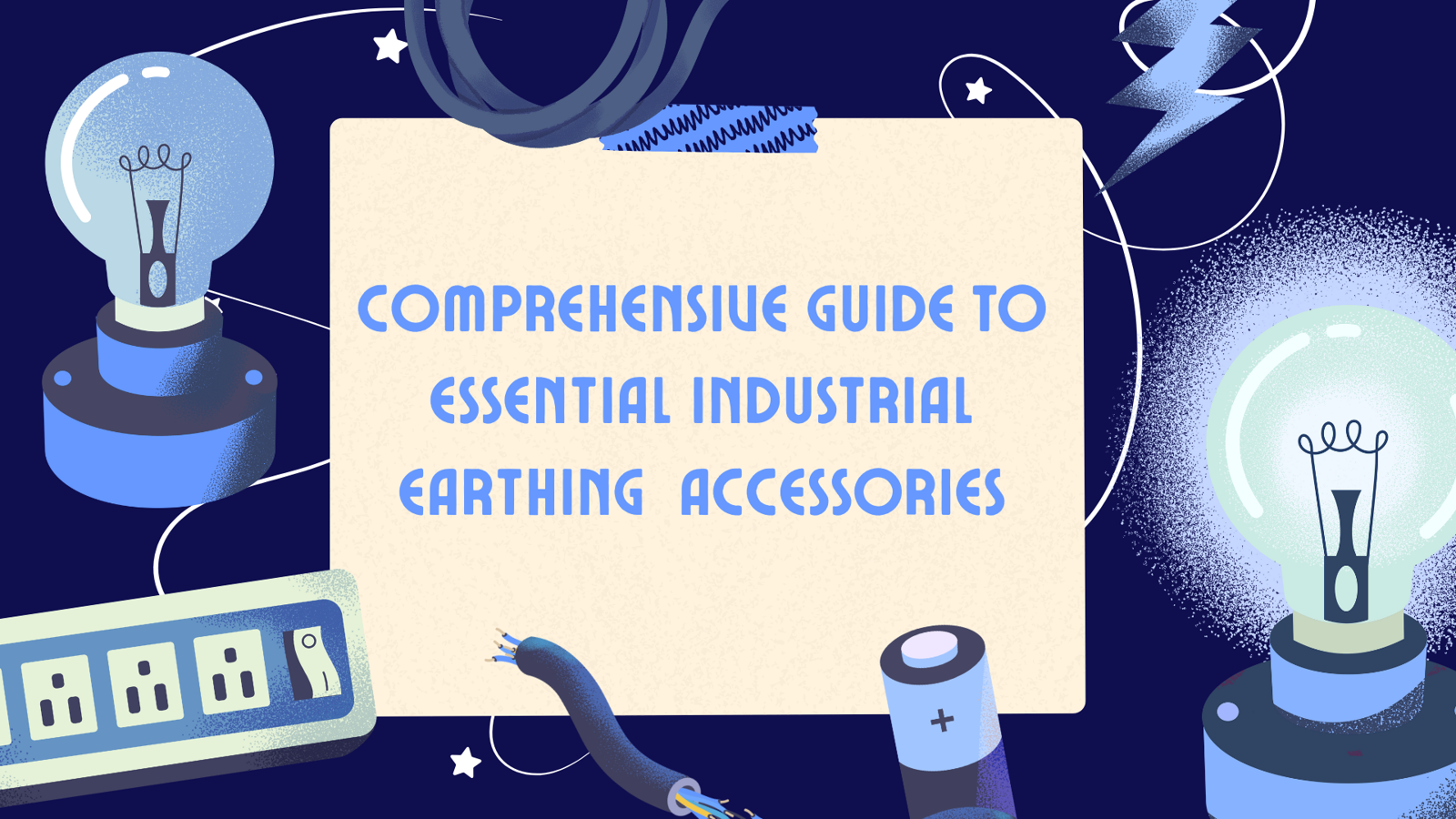
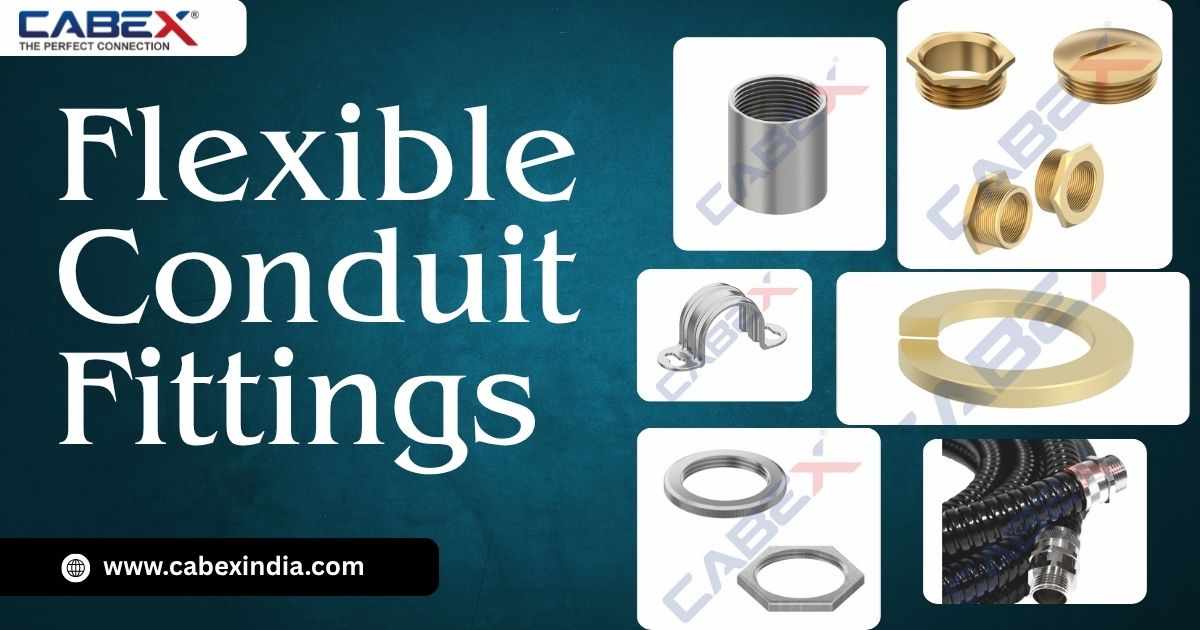
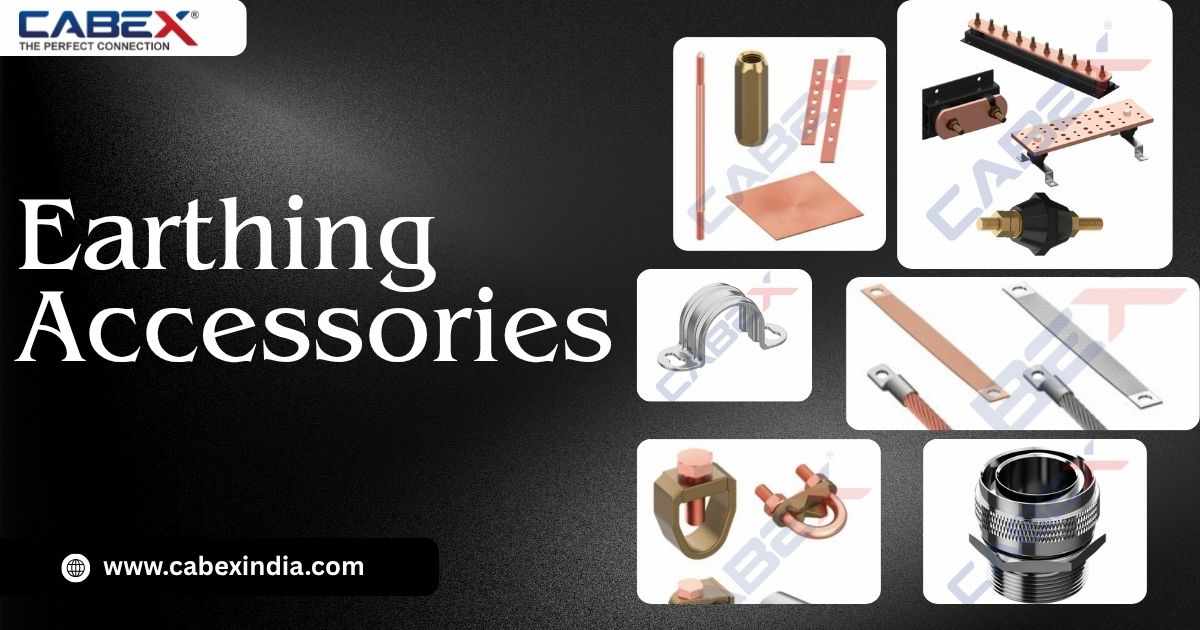
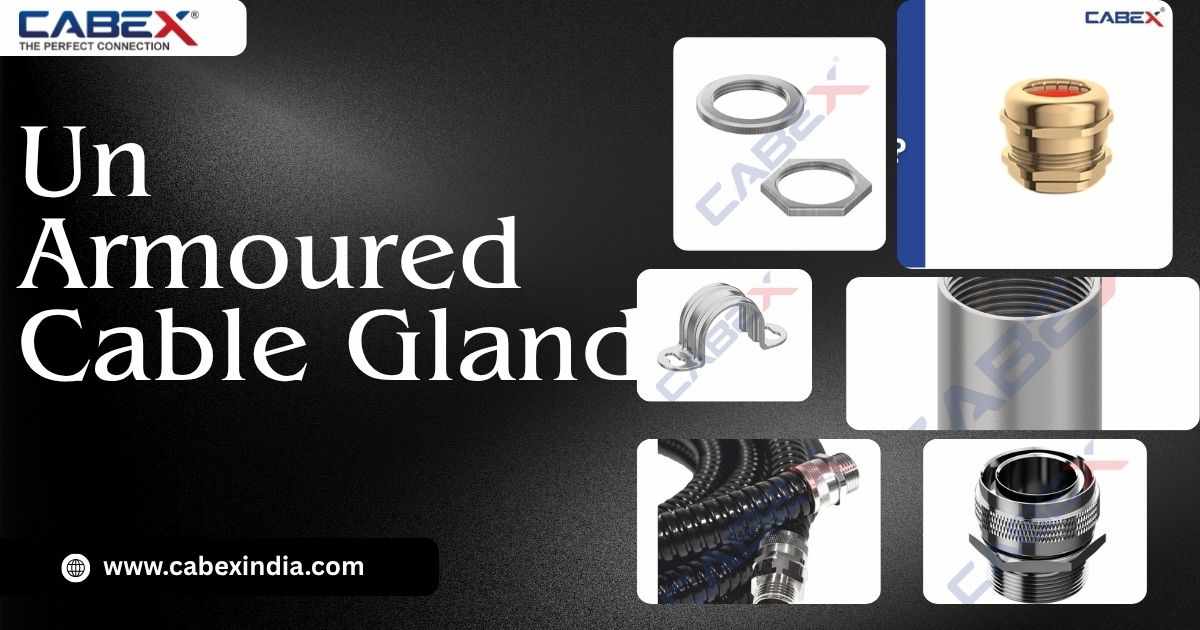
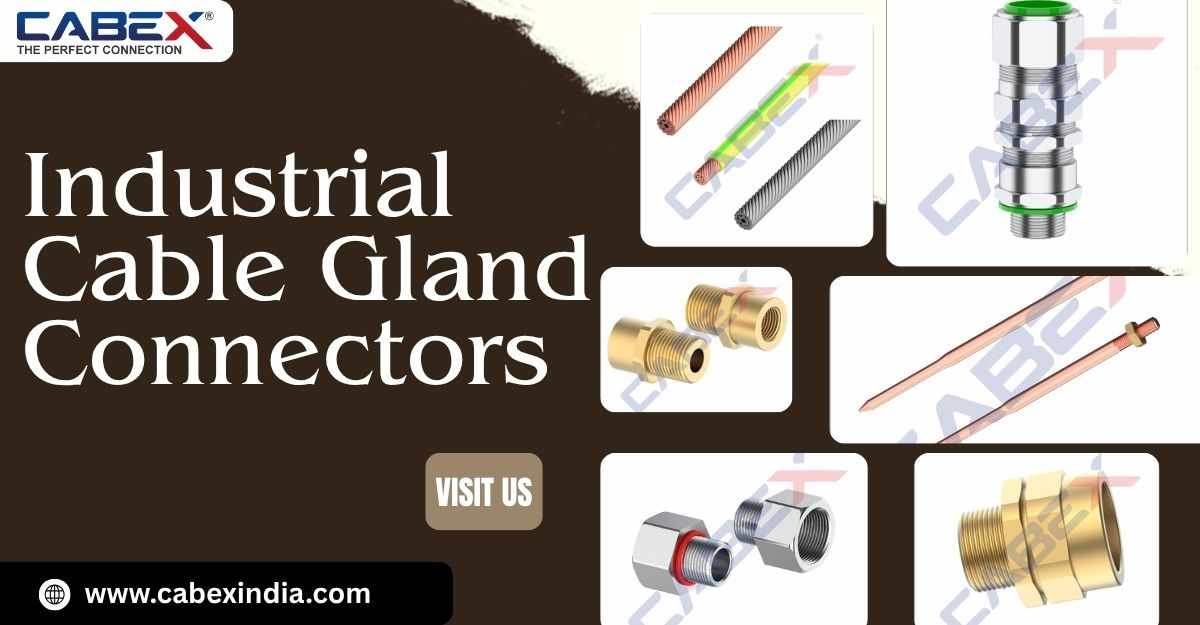
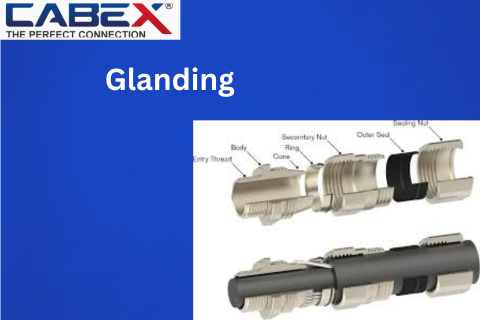
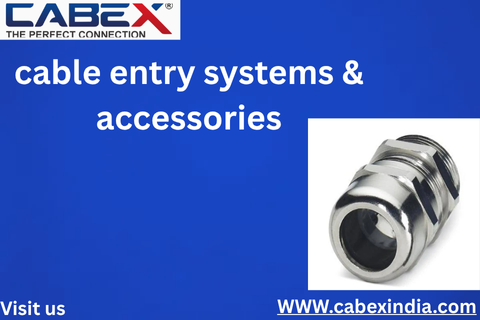
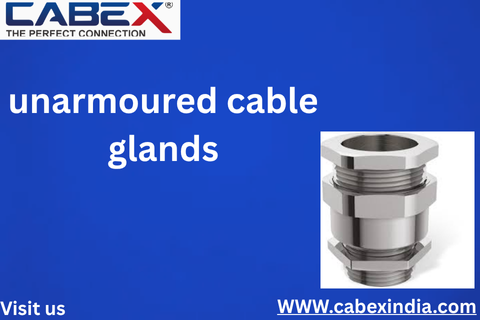
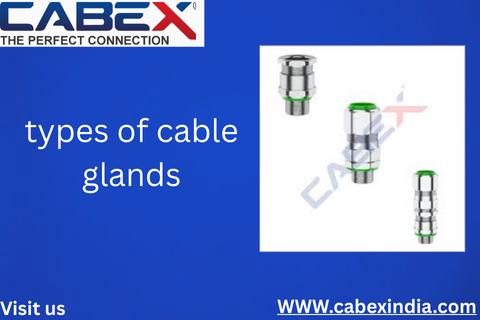
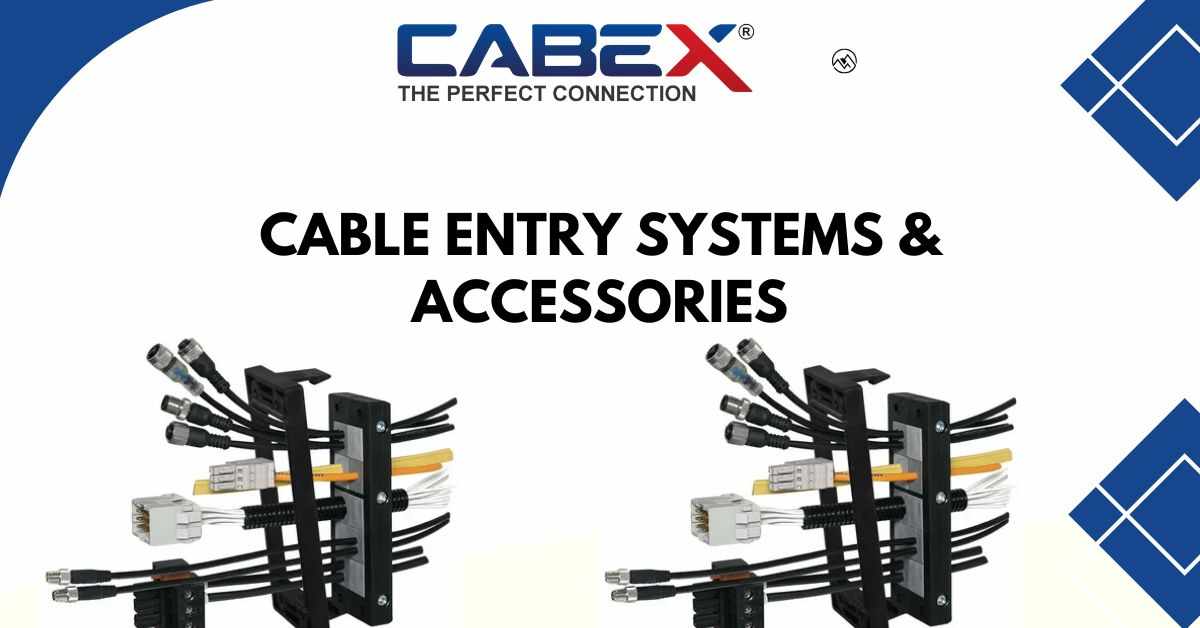

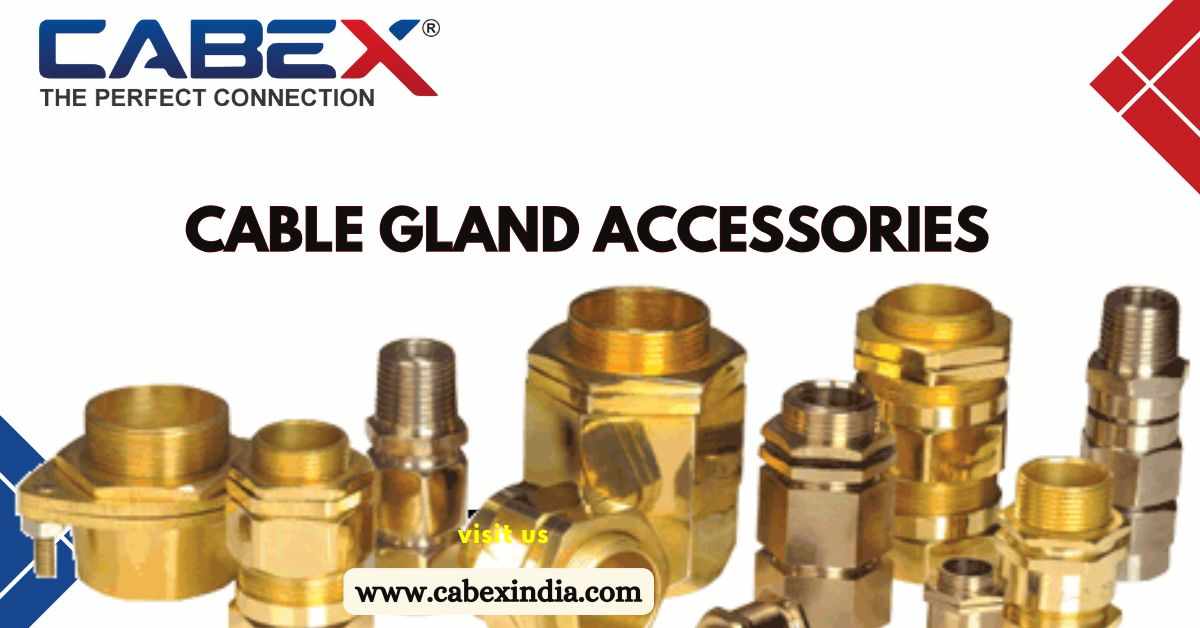
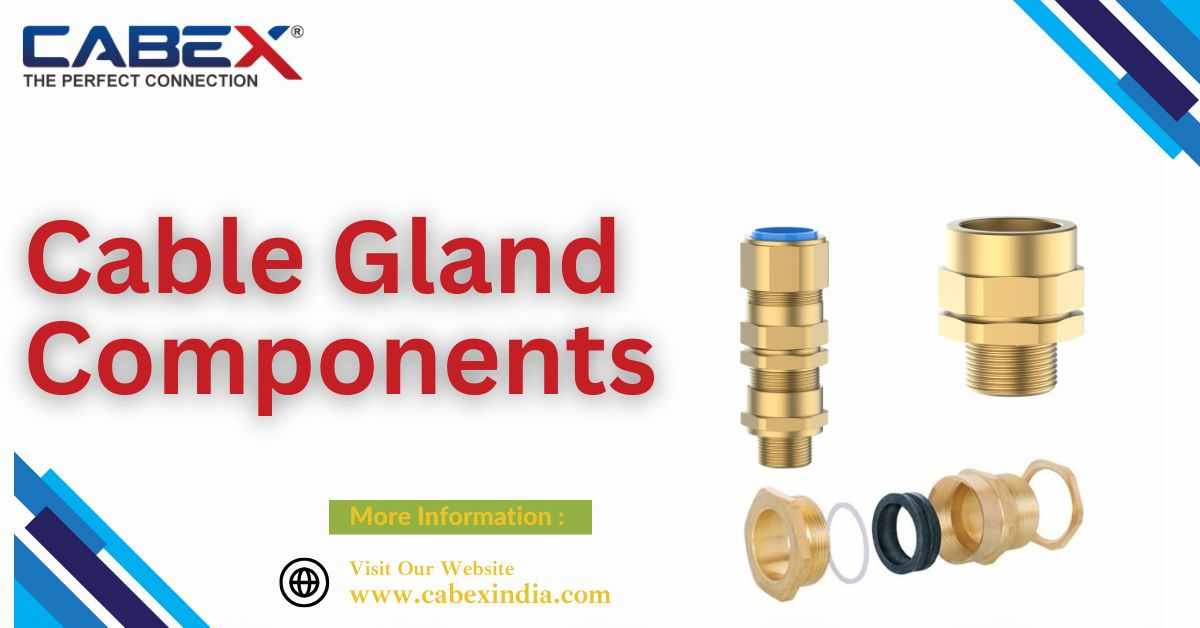







Write a comment ...